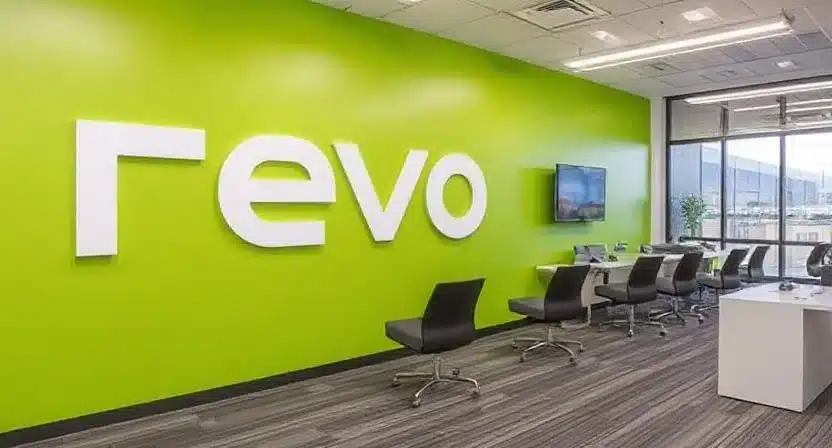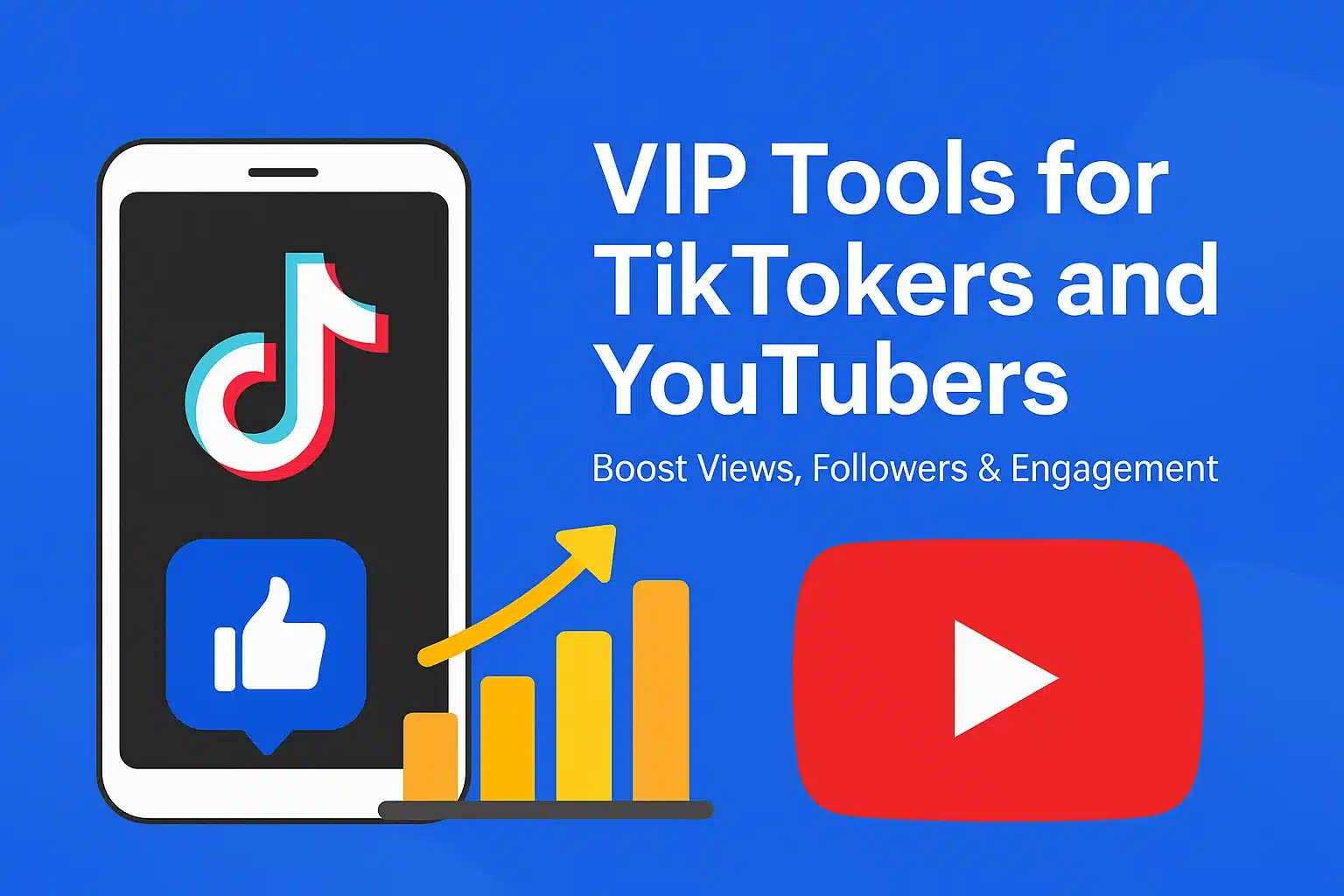
How Small Businesses Can Compete with Big Brands in 2025
In 2025, small businesses are proving that size doesn’t define success—strategy does. While big brands still dominate the market with resources, global reach, and automation, small businesses have something powerful in their corner: agility, authenticity, and innovation. This year, technology, social media, and evolving consumer values are leveling the playing field, allowing local entrepreneurs and startups to compete with big brands more effectively than ever.
Let’s explore how small businesses can grow in 2025, master modern marketing, and craft strategies that help them thrive in a market once ruled by corporate giants.
Read More: Top 10 Startups Changing the Business Landscape
Understanding the Playing Field: Small Business vs Big Business
Before diving into strategies, it’s important to understand what makes the small business vs. big business competition unique. Large corporations often rely on legacy systems, big budgets, and brand recognition. Small businesses, on the other hand, have the advantages of speed, flexibility, and personalization.
In 2025, consumers crave authentic connections and ethical choices. They prefer local brands that understand their community and share their values. This gives small businesses a chance to build brand loyalty in 2025 by offering human-centered experiences—something big corporations struggle to replicate at scale.
Key takeaway: In the digital-first era, being small isn’t a limitation—it’s a superpower when paired with creativity and technology.
Small Business Marketing Strategies 2025: Compete Smart, Not Hard
To compete with big brands in 2025, small businesses need to invest in data-driven and customer-focused marketing. The modern landscape demands smart strategies that combine digital innovation with authentic storytelling.
Some of the most effective small business marketing strategies for 2025 include:
- Leveraging AI tools and marketing automation to streamline tasks and reduce costs.
- Creating personalized email campaigns that nurture loyalty.
- Using social media marketing for small businesses to connect with niche audiences.
- Partnering with influencers or micro-creators who share their values.
By embracing marketing automation for small businesses, owners can stay competitive without hiring large teams or spending excessively on traditional advertising.
Digital Marketing for Small Businesses: Going Beyond the Basics
Digital marketing for small businesses in 2025 is about precision and personalization. Instead of spreading resources thin, successful entrepreneurs are focusing on platforms where their audiences genuinely engage.
Here’s how to get ahead:
- Leverage social media platforms like Instagram, TikTok, and LinkedIn to tell brand stories.
- Use AI-powered analytics tools to track performance and predict consumer behavior.
- Combine organic reach with affordable marketing solutions like local ads, Google My Business optimization, and community campaigns.
The future belongs to brands that use digital marketing not just to sell—but to build relationships, educate, and inspire.
Read More: Top Business Trends to Watch in 2025
Local SEO Strategies for Small Businesses: Win Your Neighborhood
One of the most practical business competition strategies in 2025 is mastering local SEO. By appearing in local searches and Google Maps results, small businesses can outperform even the biggest brands in their own neighborhoods.
Top local SEO strategies for small businesses include:
- Optimizing Google Business Profiles with updated photos, reviews, and contact info.
- Targeting “near me” search phrases to increase visibility.
- Encouraging satisfied customers to leave authentic reviews.
- Publishing locally relevant blog content with small business growth strategies 2025 themes.
When a consumer searches for a product or service nearby, being visible locally can make all the difference.
Brand Building for Small Businesses: Crafting a Unique Identity
In 2025, brand building for small businesses is less about flashy logos and more about meaning. Consumers support brands that stand for something—sustainability, inclusivity, or community impact.
Small businesses can compete with big brands by:
- Sharing behind-the-scenes stories and local origins.
- Developing a consistent brand voice across digital platforms.
- Focusing on personalized customer experiences that big brands can’t match.
A well-crafted story transforms a business from a product seller into a brand customers love and advocate for.
Social Media Marketing for Small Businesses: Turning Followers into Fans
Social media remains one of the most affordable and powerful ways for startups to compete with established companies. In 2025, platforms reward authenticity, not ad spend.
Practical tips for small business social media marketing:
- Use short-form video to show real people behind your brand.
- Run interactive polls or challenges to boost engagement.
- Share customer testimonials to build trust and social proof.
- Collaborate with other local businesses for mutual promotion.
When you leverage social media platforms effectively, your audience becomes your biggest marketer.
Small Business Innovation and Creativity: The Secret Weapon
While big corporations often move slowly, small businesses can innovate quickly. The future of small businesses lies in embracing creativity, experimenting with products, and staying ahead of trends.
Examples of small business innovation and creativity include:
- Offering eco-friendly packaging before it becomes mainstream.
- Personalizing products based on customer feedback.
- Using new technologies like AR/VR for immersive experiences.
Innovation doesn’t require massive budgets—just insight, flexibility, and a willingness to try something new.
Affordable Marketing Solutions: Competing Without Overspending
Competing with big brands doesn’t mean outspending them—it means outsmarting them. Small businesses can achieve massive visibility through affordable marketing solutions, including:
- Running targeted social media ads with small budgets.
- Collaborating with influencers instead of paying for celebrity endorsements.
- Launching referral or loyalty programs.
- Using online marketing tips for small business owners to maximize ROI.
A mix of organic growth, creativity, and smart budgeting ensures sustainable visibility throughout 2025.
Building Brand Loyalty in 2025: The Human Touch
Unlike big corporations that rely heavily on automation, small businesses can win with personal connections. Building loyalty isn’t about discounts—it’s about trust and emotional connection.
Small business success tips for 2025 include:
- Offering consistent communication and quick customer support.
- Personalizing thank-you messages or follow-ups.
- Rewarding repeat customers with exclusive deals.
In 2025, the most successful small businesses are those that treat customers like family, not just data points.
Customer Engagement Strategies 2025: Keep Your Audience Hooked
Engagement goes beyond likes and comments—it’s about creating two-way conversations. Strong customer engagement strategies for 2025 include:
- Hosting webinars, Q&A sessions, or live product demos.
- Building online communities on Facebook Groups or Discord.
- Using chatbots for instant responses while maintaining a personal tone.
By combining marketing automation for small businesses with genuine interactions, owners can build loyal audiences that keep coming back.
Small Business Digital Transformation: Evolving for the Future
The small business digital transformation in 2025 is no longer optional—it’s essential. From adopting e-commerce tools to using AI-powered CRMs, digital upgrades help small companies scale faster.
Steps to embrace digital transformation:
- Automate repetitive tasks like billing and scheduling.
- Use analytics to understand customer behavior.
- Adopt omnichannel strategies that blend online and offline sales.
Businesses that digitize early position themselves for long-term sustainability and growth.
Small Business Growth Strategies 2025: Scale Smartly
Growth in 2025 requires more than expansion—it demands strategy. The best small business growth strategies for 2025 focus on sustainable scaling, smart partnerships, and customer retention.
Effective growth approaches include:
- Diversifying income streams (e.g., online courses, affiliate programs).
- Expanding into niche markets.
- Partnering with complementary local brands.
- Investing in team development and innovation.
These strategies ensure that growth is steady, profitable, and customer-centered.
Outperforming Big Competitors: Case Studies of Success
Small businesses are already proving that agility wins over size. For example, Allbirds, a sustainable footwear startup, grew from a small online brand to a global name by focusing on eco-friendly products and storytelling. Similarly, Glossier built its empire on community engagement rather than traditional ads.
Such examples prove that how small businesses can compete with big brands depends less on resources and more on creativity and customer understanding.
The Future of Small Businesses: Where Opportunity Lies
The future of small businesses in 2025 and beyond looks promising. Technology, changing consumer values, and digital accessibility have created the perfect ecosystem for small players to thrive.
Trends shaping the future include:
- Growth in remote and e-commerce operations.
- Increased demand for local and sustainable products.
- AI-powered personalization in marketing and service delivery.
In short, the next wave of business success belongs to those who blend innovation with authenticity.
Conclusion: How Small Businesses Can Grow and Compete in 2025
In 2025, small businesses don’t need to fear big brands—they need to learn, adapt, and act smarter. By leveraging digital marketing, local SEO, social media, brand storytelling, and customer engagement, small entrepreneurs can carve a powerful space in any industry.
The key lies in staying authentic, innovative, and digitally agile. Whether through affordable marketing solutions or personalized customer experiences, small businesses can turn every challenge into an opportunity.






